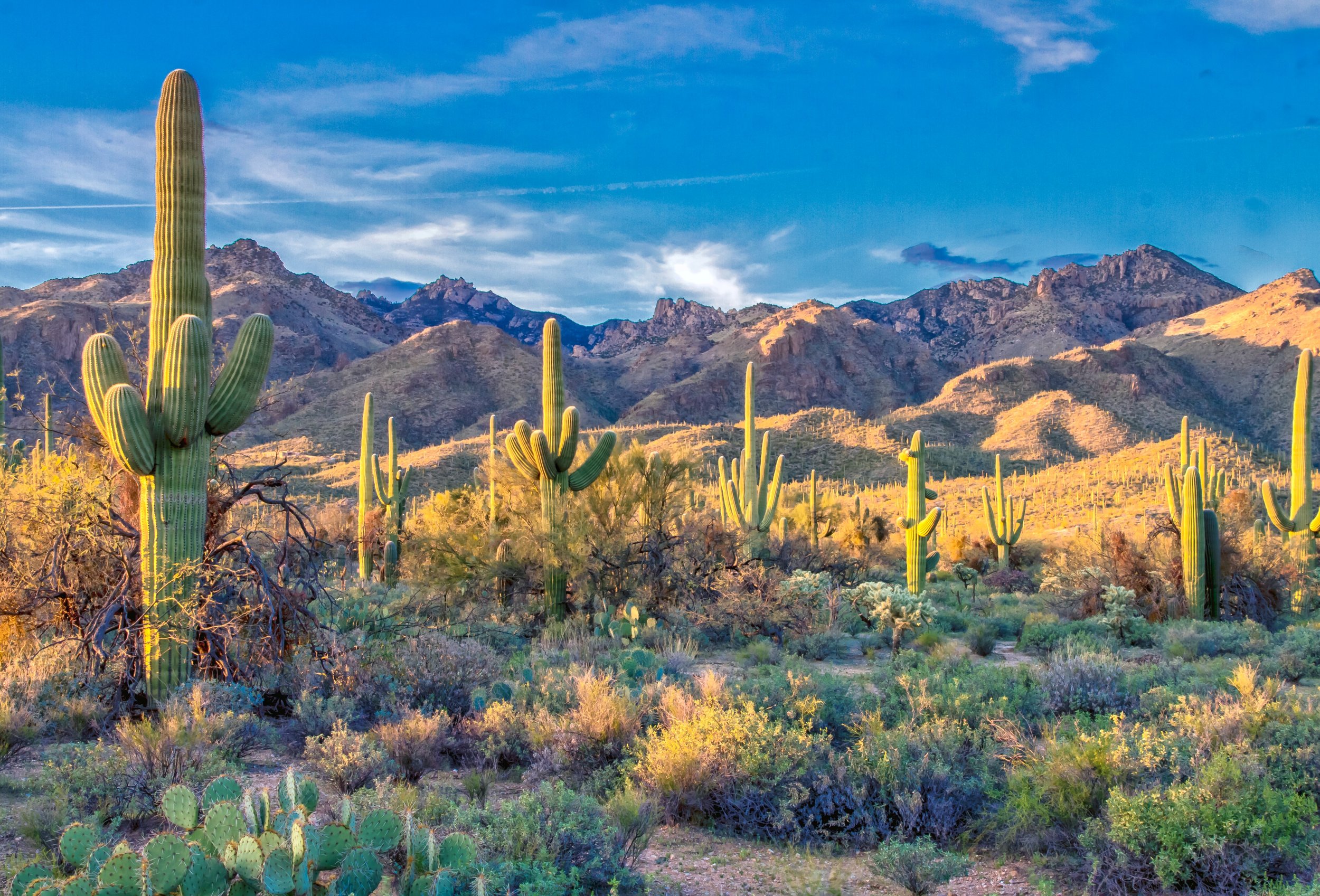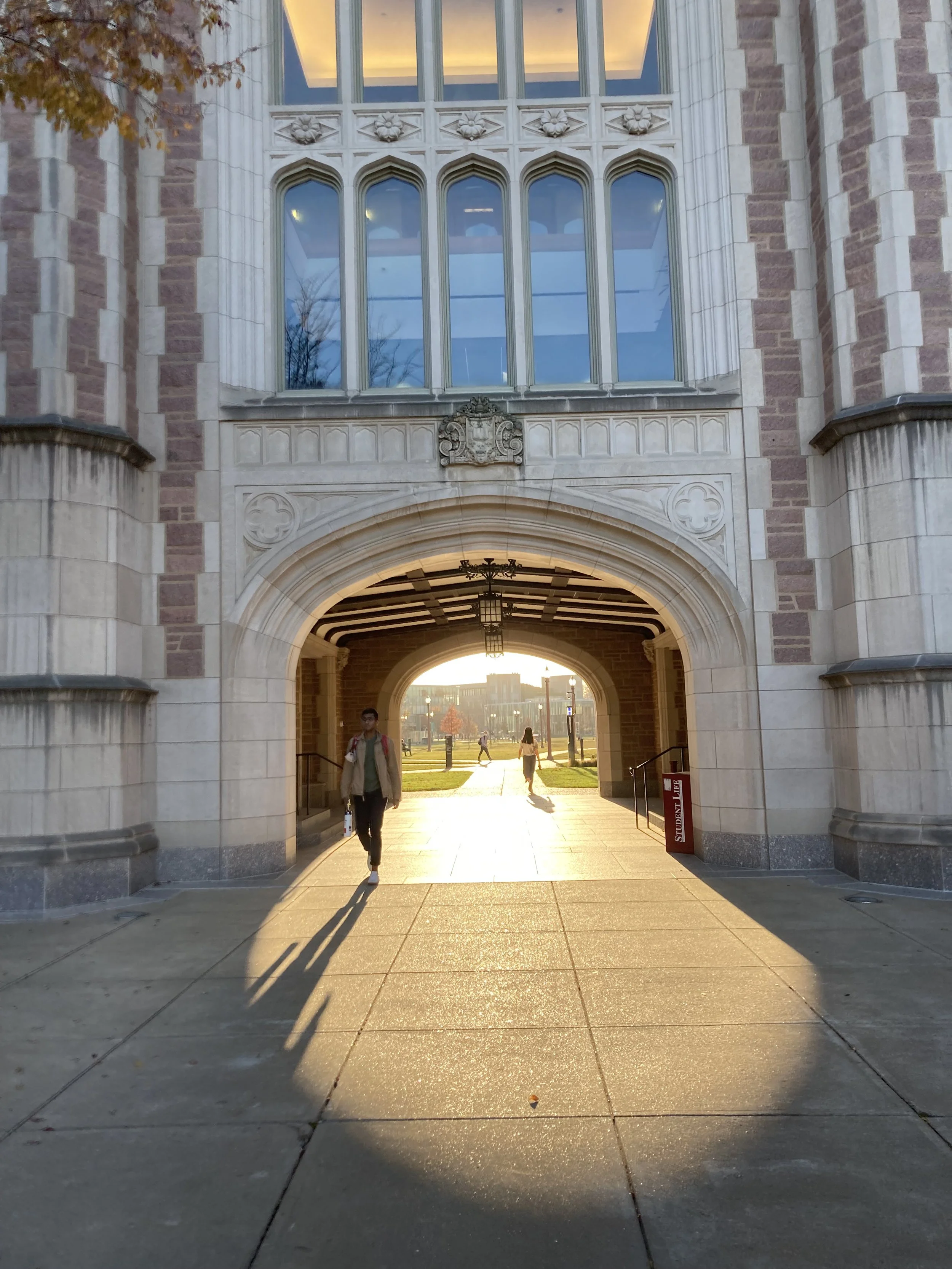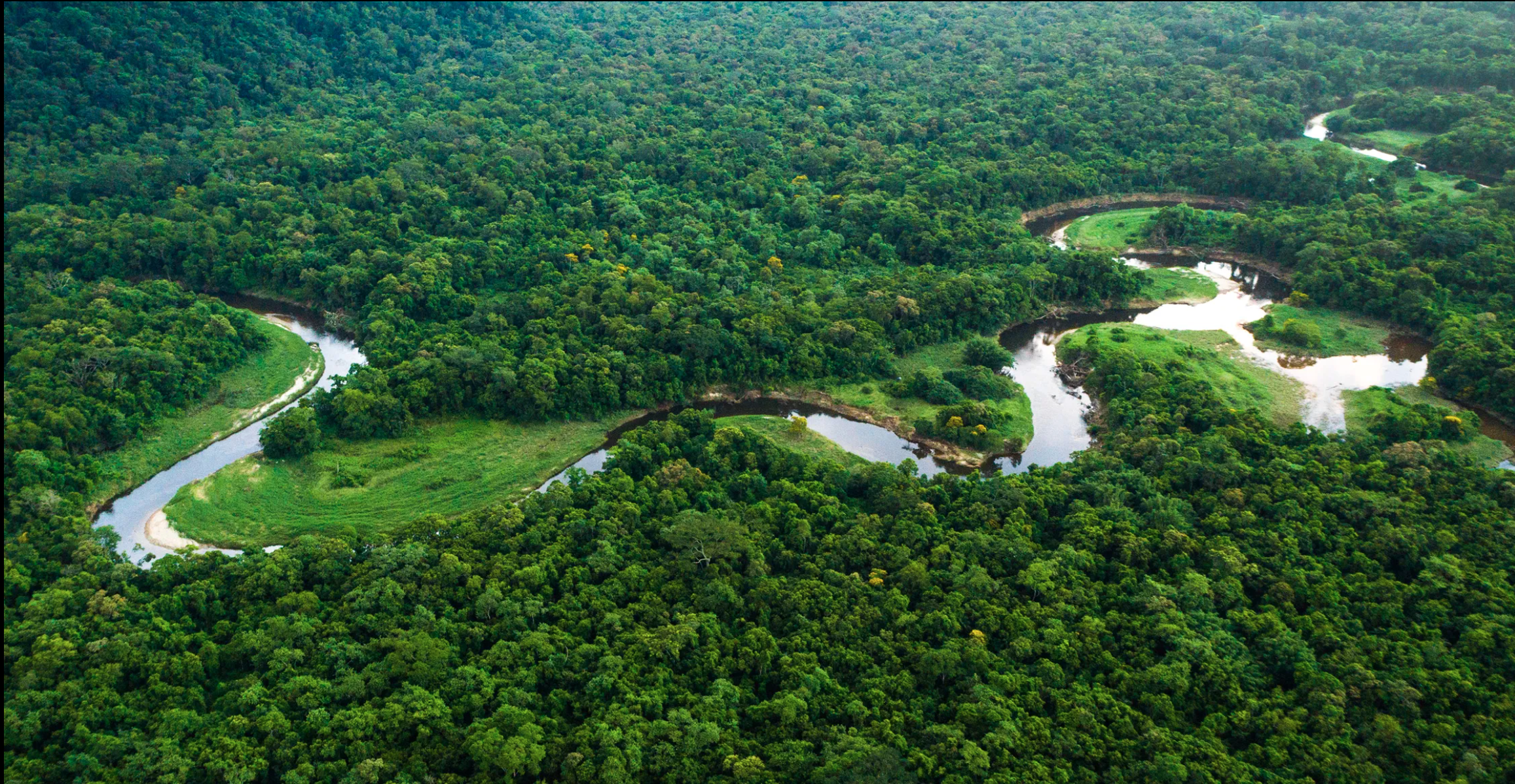
Examining environmental issues from legal, scientific, economic, and public policy perspectives.
Fall 2025 Issue
-

More Than Morrill: The Intertwined History of Indian Land Dispossession, Arizona Statehood, and University Enrichment
Teresa Miguel-Stearns, Samantha Ginsburg, and Kristen Cook
-

Tainted Waters, Tainted Trust: U.S. Legal Failures in Hawaiʻi and Guam Undermine Indo-Pacific Diplomacy
Aouli Ross
-

An End to Unpaid Internships in Light of Loper Bright
Arjun Puri
Summer 2025 Issue
-

Safety or Shelter: The Costs and Benefits of Excluding Domestic Violence Shelters from The Fair Housing Act
Lucas E. Muller
-

Poseidon’s Executive: How the Unitary Executive Theory Could Impact Coastal Fisheries
Austin Vertesch
-

Should Central Park Have Standing? Applying the Urban Rights of Nature Doctrine to the Urban Environmental Context
Nathan Lee

Conservation, Racism and Indigenous Peoples Human Rights Symposium
Watch Here
To commemorate the United Nations International Day for the Elimination of Racial Discrimination and the International Day of Forests, AJELP held a two day symposium in Cuk-Ṣon (Tucson Arizona) on Thursday March 21 to Friday March 22 of 2024, exploring the intersections of racism, colonialism and conservation and calling for an environmental justice movement based on Indigenous Peoples Human Rights. International speakers include Special Rapporteur on the Rights of Indigenous Peoples José Francisco Calí Tzay and John Knox, the former Independent Expert on human rights obligations relating to the enjoyment of a safe, clean, healthy and sustainable environment. Both in person and zoom attendance are available for participants.
Spring 2025 Issue
-

Baby, It’s (Not as) Cold Outside: Applying the National Environmental Policy Act to Antarctic Research Stations
Meera Aiyer
-

How Joint Management of the Fena Valley Reservoir Furthers the Cooperative Endeavour Towards Self-Determination of the People of Guam
Josefina M. D. Garcia
-

It’s Time to Take Out the Trash: Does Article IX of the Outer Space Treaty Require the Development of Active Debris Removal Technologies?
Matthew Lively
-

Conservation Easements and Bison Restoration on the Wind River Indian Reservation: Exploring Opportunities, Challenges, and Alternatives
Temple Stoellinger, Alyson White Eagle, Jacy Rudloff, Kate Gamble, and Tarissa Spoonhunter
Interested in being published? Contact us.
Make a donation.
AJELP is a student-run organization and is an electronically-published journal. To help maintain our online presence and ability to publish, continue to coordinate events and symposiums, and provide a quality atmosphere for students on the Journal, please consider donating to our Journal.
*DONATIONS ARE NOT TAX EXEMPT
LAND ACKNOWLEDGEMENT
We respectfully acknowledge the University of Arizona is on the land and territories of Indigenous peoples. Today, Arizona is home to 22 federally recognized tribes, with Tucson being home to the O’odham and the Yaqui. Committed to diversity and inclusion, the University strives to build sustainable relationships with sovereign Native Nations and Indigenous communities through education offerings, partnerships, and community service.


